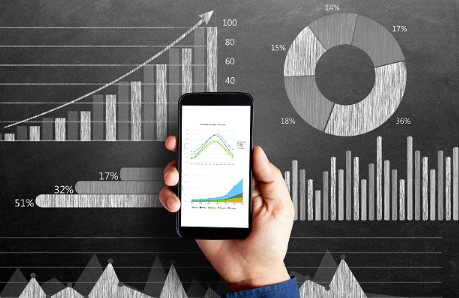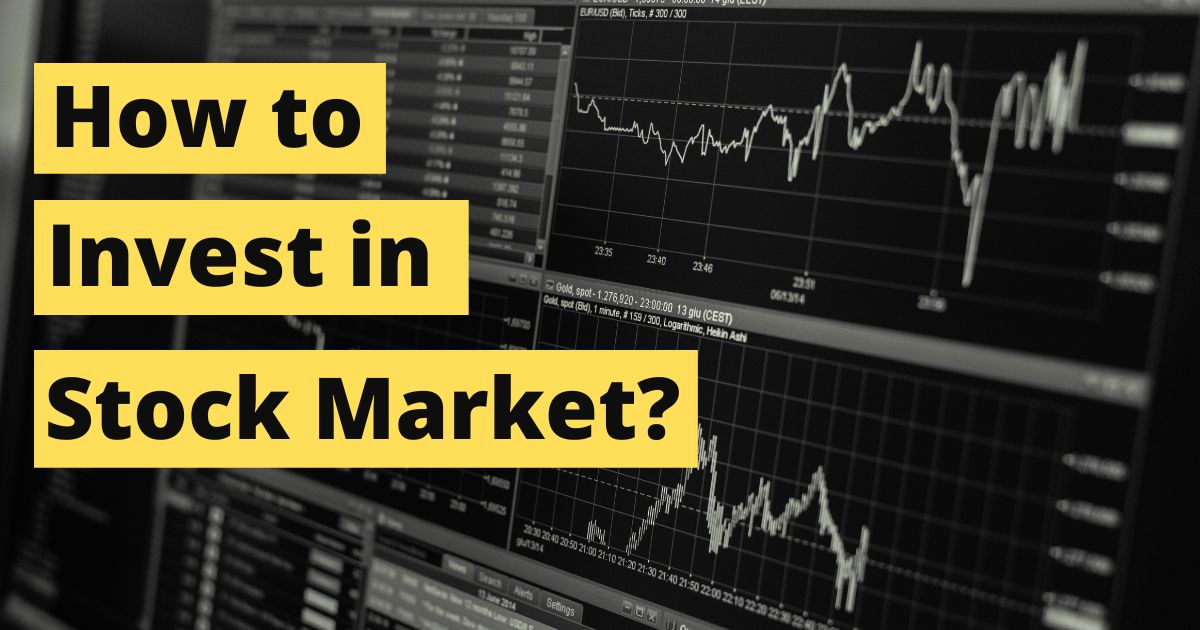Economic Indicators
Economic indicators play a significant role in stock surges. Factors like GDP growth, employment rates, and inflation can influence the market. For example, a strong GDP growth indicates a healthy economy, which often leads to increased investor confidence and stock market rallies. Employment rates also have an impact. When more people are employed, there is more disposable income, leading to increased consumer spending and potentially driving up stock prices of companies in various sectors.
Company Fundamentals
The financial health and performance of individual companies are crucial. Strong earnings reports, new product launches, or successful mergers and acquisitions can cause a company’s stock to surge. Investors look at metrics like revenue growth, profit margins, and return on equity. A company that consistently shows improvement in these areas is likely to attract more investors, driving up the stock price. For instance, a tech company that releases a revolutionary product can see a significant increase in its stock value as investors anticipate future growth.
Interest Rates
Changes in interest rates can have a major impact on the stock market. Lower interest rates make borrowing cheaper, which can stimulate economic growth and encourage businesses to invest. This can lead to increased corporate profits and higher stock prices. On the other hand, higher interest rates can make borrowing more expensive and slow down economic activity. Investors may also shift their money from stocks to bonds, which offer higher yields when interest rates rise.
Investor Sentiment
The mood and perception of investors can drive stock surges. Positive news, such as a breakthrough in medical research or a political stability, can boost investor confidence and lead to buying sprees. Conversely, negative news can cause panic selling and a market downturn. Social media and news outlets can also influence investor sentiment. For example, a tweet from a prominent business leader or a positive news article can create a buzz and drive up stock prices of certain companies or sectors.
Global Events
Global events like trade agreements, geopolitical tensions, and natural disasters can affect the stock market. A major trade deal between countries can boost economic growth and lead to stock market rallies. Geopolitical tensions, on the other hand, can create uncertainty and volatility. Natural disasters can disrupt supply chains and affect the earnings of companies in affected regions. Investors need to be aware of these global events and their potential impact on the market.
Market Manipulation
In some cases, market manipulation can cause stock surges. This can include activities like insider trading, pump and dump schemes, or false rumors. Regulators work hard to detect and prevent such activities, but they can still occur. Investors should be cautious and do their due diligence before making investment decisions. Look for reliable sources of information and be wary of overly hyped stocks.




